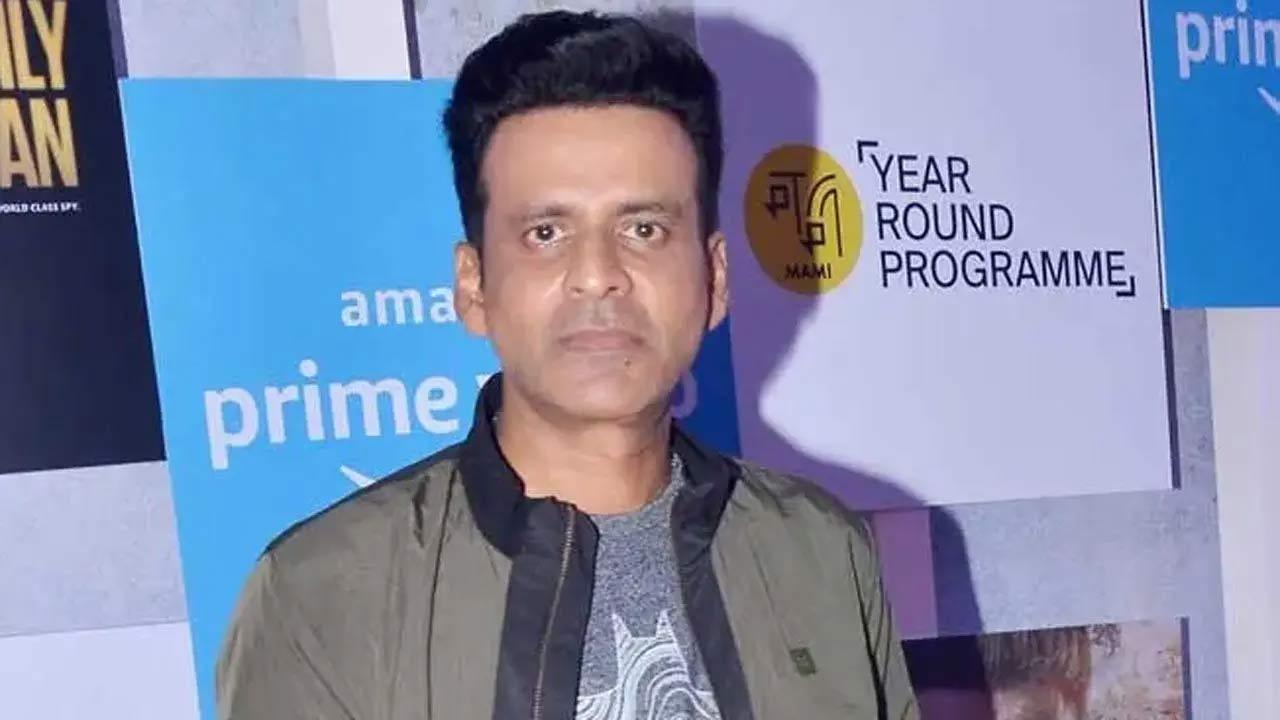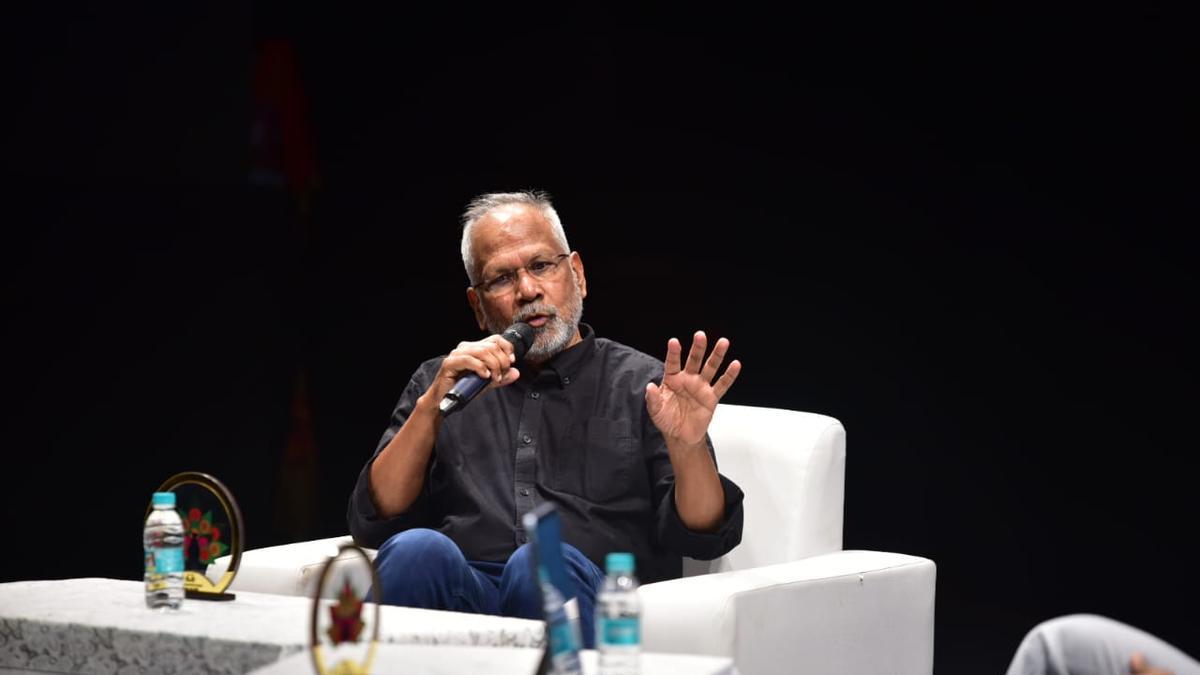
Girish Kasaravalli, the esteemed filmmaker synonymous with Indian parallel cinema, has teamed up with writer Gopalakrishna Pai to co-author the book “Bimba Bimbana” (Image and Reflections), which delves into the rich tapestry of his filmography. The work, a product of Veeraloka’s publishing endeavours, was released to the public on March 24 and is brimming with detailed discourse about Kasaravalli’s cinematographic offerings, including an array of 15 feature films that mark the milestones of his career.
In a significant move showcasing the reverence for cinematic legacy, Kasaravalli’s debut film, “Ghatashraddha” (1977), has been selected for rehabilitation by the Film Heritage Foundation of India, brought together in this mission by none other than Martin Scorsese’s World Cinema Project and the philanthropic initiatives of George Lucas and Mellody Hobson’s Hobson Lucas Family Foundation.
Kasaravalli, whose name is often accompanied by the echo of multiple National Awards, engaged in an illuminating conversation with The Hindu concerning his reasons for writing the book, the pivotal role of film appreciation, the meticulous nature of restoration, and numerous other insights.
The iconic filmmaker explained that the journey to completing the book began in June of 2023, involving a process of revisiting and meticulously analyzing their films, securing permission for the use of movie stills, and transcribing these shared observations. Targeting a demographic that includes both filmmakers and cinephiles, the book is crafted for those who possess a passion for the aesthetic and linguistic elements of cinema. Furthermore, Kasaravalli’s work goes beyond mere evaluation of his specific body of work; instead, it expands the conversation to include the socio-political climate at the times of his films’ releases and the rationale behind his directorial decisions.
A poignant reflection Kasaravalli shared was on the paucity of serious discussions regarding Kannada cinema, especially when contrasted with the wealth of discourse on Hindi classics available on platforms such as YouTube. He lamented the scarcity of in-depth analyses focused on aspects such as film pace or the socio-political resonance of certain pieces of cinema. The filmmaker noted how past decades were more engaged in this practice, with regular film appreciation courses – which he himself conducted for four years – and initiatives that introduced critical Kannada movies, as well as international classics by Satyajit Ray and Akira Kurosawa, to smaller towns in Karnataka.
Revisiting his films for this literary undertaking allowed Kasaravalli to view them through the prism of subsequent socio-political and technological evolutions, insights which have proven transformative for his understanding of his own work. He reflected on shifting perspectives over time, recognizing the accuracy of his predictions regarding globalization in the movie “Mane” (1989) and noting advancements in filmmaking technology that have simplified previously challenging shots.
The collaborative effort for the restoration of “Ghatashraddha” was born from Shivendra Singh’s admiration for the film and his initiative as the founder director of the Film Heritage Foundation. Supported by the World Cinema Project and the Hobson Lucas Family Foundation, the project aims to preserve the film’s legacy, with no profit motive and a rigorous, meticulous process that could extend over eight months at an estimated cost of Rs 50 lakh.
Kasaravalli also discussed the contentious topic of film archiving in the context of the merger between the National Film Archive of India (NFAI) and the National Film Development Corporation of India (NFDC), critiquing the risks this poses to the preservation of cinematic heritage. He emphasized the importance of dedicated statewide professional bodies – similar to Kerala’s model – for the preservation and restoration of films, lamenting the lack of progress on this front in Karnataka.
“Bimba Bimbana,” a chronicle of profound cinematic conversations and meditations on the artistic and social impact of films, is priced at Rs 350. Through this work and his ongoing advocacy for film restoration, Kasaravalli continues to weave his legacy not just as a filmmaker but as a staunch guardian of India’s filmic treasure.










